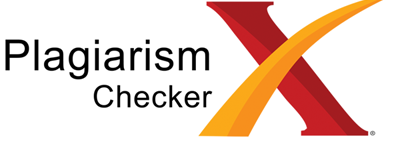Evaluasi Pengelolaan dan Pemantauan Lingkungan Hidup Dampak Pembangunan Pasar Kahayan Kota Palangka Raya
DOI:
https://doi.org/10.37304/jem.v1i2.1754Keywords:
Evaluation, management, monitoring, impacts, BOD, COD, total Caliform, Phosphate, Ammonia content, marketAbstract
This study aims to evaluate the process of environmental management and monitoring as a result of the development of the Kahayan Market, which actually has environmental documents. Aspects assessed include community perceptions, water quality and water biota (plankton), and the impact of the development of the Kahayan Market in Palangka Raya City in general. Based on the provisions, the implementation of environmental management and monitoring is carried out by the Palangka Raya City Public Works and Spatial Planning Agency as a joint Initiator with the Kahayan Market Manager/Government Market UPTD. These activities were not carried out, so there was no reporting and evaluation of management and monitoring. Laboratory analysis of physical parameters, namely suspended solids (TSS) at observation point A-2, shows that the water condition has passed the Class II water quality standard required by PP No. 82 of 2001, amounting to 50 mg/l. Analysis of chemical parameters shows that the water chemistry conditions have exceeded the Class II water quality standards required by PP No. 82 of 2001, namely BOD content of 3 mg/l; and COD content of 100 mg/l. Total Coliform at the A-1 observation point was 16,000 MPN/100 ml and at the A-2 point was 92,000 MPN/ml. Other chemical parameters such as Phosphate, and Ammonia content have also exceeded the established standard.






